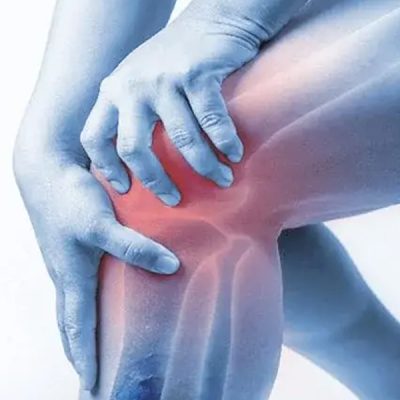As people age, cartilage tissues start to wear and tear due to constant movements. Tendons and ligaments eventually stretch so the bones start rubbing against each other, which causes constant pain. To combat this problem, it is advisable to start taking joint care supplements.
While people often take pain relievers like ibuprofen and acetaminophen as their first options to alleviate joint aches, taking joint care supplements may also help.
Different Types of Joint Care Supplements
Glucosamine
A natural component of the cartilage, glucosamine is a substance that helps keep the bones from rubbing against each other. Many supplements contain this substance, especially for those aimed at alleviating the pains caused by arthritis.
There are two types: glucosamine hydrochloride and glucosamine sulfate. It is best to ask your doctor for advice on which glucosamine supplement you may take to improve your condition. Health experts may prescribe taking a 1500 mg of this supplement once daily.
Type II Collagen
One of the most common supplements other than glucosamine is Type II Collagen. This contains collagen, a type of protein found in the tissues in the cartilage together with the matrix of fiber and fibrils. Its function is to provide strength and elasticity in the cartilage area.
Type II Collagen stimulate proteoglycan synthesis in chondrocytes, which helps to stimulates lubrication within the joint and prevents the cartilage from deterioration. Health experts say that a person may start seeing results in joint comfort and mobility in just a week of consumption. This is also why some say this may be the best joint supplement for men.
The appropriate dose of collagen type II depends on several factors, such as a person’s age, health, and other existing medical conditions. Health experts may prescribe this supplement to be taken twice daily after meals. It is advised to take type II collagen consecutively for at least four to six weeks to achieve the best results.
Fish Oil
Fish oil is known for its many health advantages. It is a type of fat extracted from fish tissue, usually from anchovies, tuna, herring, and mackerel. Among the many benefits of fish oil is having omega-3 fatty acids, which are known to have anti-inflammatory effects. This is why some supplements contain fish oil to help ease joint aches.
Apart from helping with joint pains, fish oil is also found to be beneficial for the heart and skin. If you want to know if this is the best joint supplement for you, consult your doctor. A typical dose of fish oil may range from 300 to 1,000 mg.

Other Types of Joint Knee Supplements
Choosing a supplement for joint pain can be profuse. Besides Type II collagen, there are number of products available in the market for joint health. The best way to acquire the supplement suitable for you is to talk with doctors about your current condition and the potential side-effects of the supplement to your health.
What are the possible side-effects of taking supplements?
There are a few studies about the potential side effects of taking supplements. Some other type of collagen supplements such as bovine collagen and gelatin are found to may have cause allergic reactions. Some supplements, when taken in large doses, may cause nausea, diarrhea or constipation, drowsiness, headache, and skin reactions.
But, supplements approved by health experts are safe for most people. Safety precautions, however, must be done at all times when taking any oral supplements. Be sure to follow only the prescribed dosage by your doctor to avoid adverse reactions.
According to studies, collagen supplements is a safe and effective way to enhance the health of joints and the skin. However, it is important to remember that taking collagen supplement is half the battle. Before buying and taking collagen for the joints, be sure to read and research about the content of the supplement. Choose brands that conduct third party testing, instead of those generic brands. Lastly, to achieve the best results of any supplement, it should be accompanied by a healthy diet and lifestyle.
When do you need to see a doctor for joint pains?
People often make the mistake of doing self-diagnosis once they start feeling something’s off with their bodies. If you start feeling joint symptoms such as pain, stiffness, popping noises, it is best to see a doctor for a full diagnosis immediately. This may help you understand more about your condition and possible treatment options. Most importantly, it helps you determine which supplement to take to improve your health.






